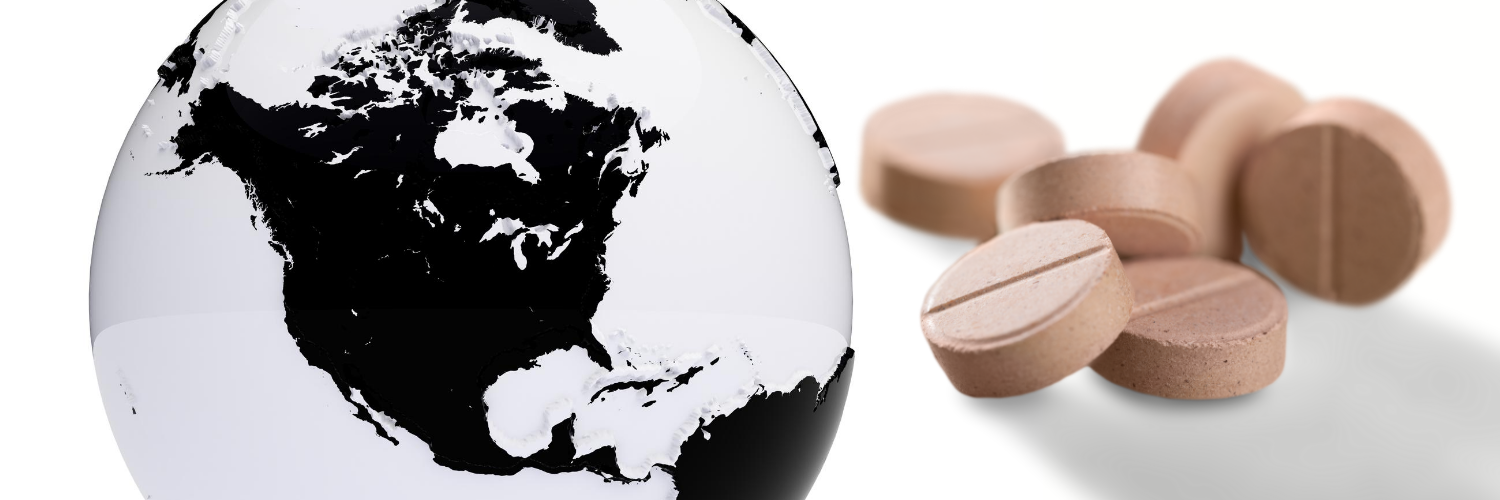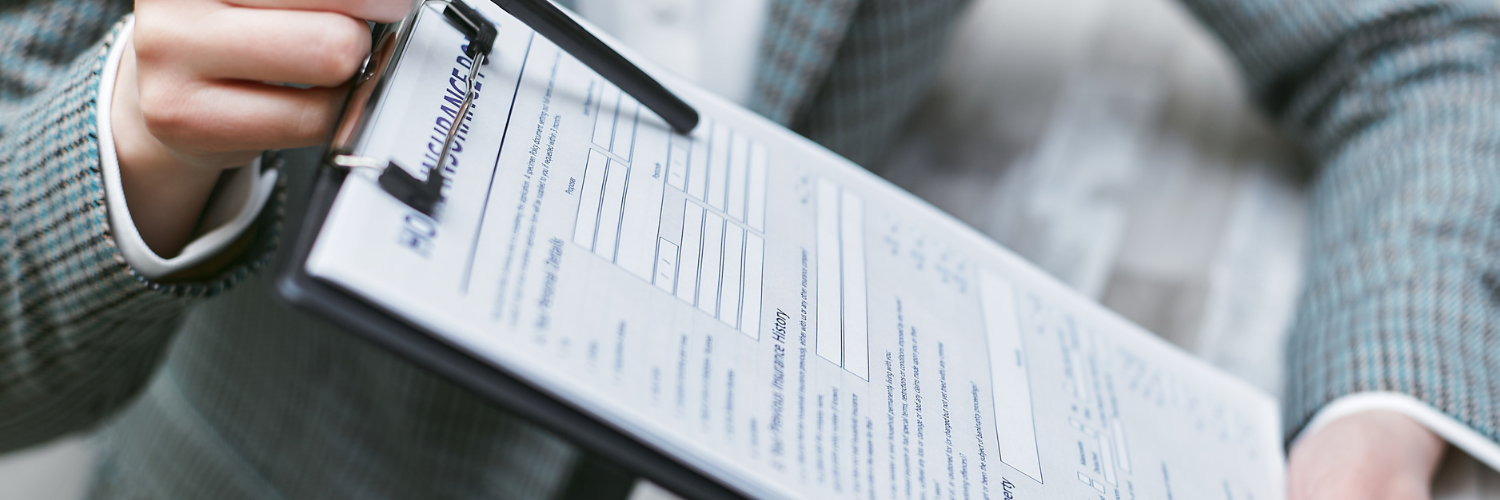Does it really matter what time of day you take medications?

When it comes to taking prescription medications, timing isn’t always everything. Many patients wonder if the directions to take their meds at the same time every day are critical for peak effectiveness. Yes, there are several drugs where timing can be important. Antidepressants, for example, can cause drowsiness and therefore might be best taken at night before bedtime. Diuretics, which could make you urinate more frequently, are best taken in the morning. Go through all your medications today and make sure you are taking them at the recommended time for optimal effectiveness. But of chief importance is that you remember to take your meds at all.
Should medication be taken at the same time every day?
It’s best to take your medication at the same time every day unless instructed otherwise by your provider. This allows you to build adherence to your medications so they become a part of your daily behavior. I recommend setting reminders on your mobile phone or downloading a free app like Medisafe or CareClinic App to help you remember.
Other ways to remember to take your medication:
-
Associate taking medication with a daily routine like brushing your teeth, eating meals, or changing into your pajamas for bed.
-
Use a pill container that has different compartments for times of the day (i.e., morning, noon, evening.) Here is a cool one.
-
When traveling, always pack extra medication to compensate for possible delays. If traveling by air, be sure to pack your medication in your carry-on in case your checked baggage gets lost.
Does it matter what time you take your blood pressure medicine?
Studies have shown people who take blood pressure medication at bedtime have better control over their blood pressure and are less likely to have a stroke or heart attack than people who take their blood pressure medication in the morning.
So my recommendation, as always, is to speak with your provider if you can take your blood pressure medication at bedtime (at the same time every day) instead of in the morning. It's important to note that some blood pressure medications, like diuretics, may cause you to urinate in the middle of the night and could affect adherence to this important medication if taken at bedtime.
How important is it to take medication on time?
Medications that are taken at dosing intervals throughout the day are important to take on time so the drug is always at work in your body to keep you healthy throughout the entire day. For example, if you are taking antiviral medication and miss taking it on time, this causes the drug level in your body to drop, which may result in the drug becoming ineffective in hindering the virus from multiplying in your body. Taking your medication on time every day helps you build a routine and improve adherence to your entire drug therapy.
Pharmacist Tip: We aren’t perfect. Sometimes we forget to take a dose. In these situations, just take it right when you remember, unless it’s near the time of your next dose. If that's the case, then skip the forgotten dose and continue your dosing schedule as normal. This is important because you should never double up your next dose as it could increase potential side effects.
Does twice a day mean every 12 hours?
Yes, unless specifically instructed otherwise by your provider, twice a day means to take your medication every 12 hours. Again, it may become difficult to take your medication exactly at the 12-hour mark, but try to shoot for it to ensure you have optimal levels of medication in your body. For example, if your medication says “Take 2 tablets twice daily,” this means you will take your first dose of two tablets in the morning, then 12 hours later you will take your second dose of two tablets. You may find the 12-hour rule to be straightforward to manage. For example, you would take a dose at 8:00 a.m., and then the second at 8:00 p.m., and so on.
Pharmacist Tip: It's always best to ask any questions on medication directions while picking up your medication at the pharmacy. The pharmacist will be more than happy to answer questions regarding any concerns you have about a new or current medication.
What happens when you take medication at the wrong time?
It’s not the end of the world if you take your medication at the wrong time. Just try to get back to your normal schedule as soon as possible, and do not double up on any missed doses without first speaking with your provider. Be sure to set multiple reminders on your phone to avoid this in the future.




